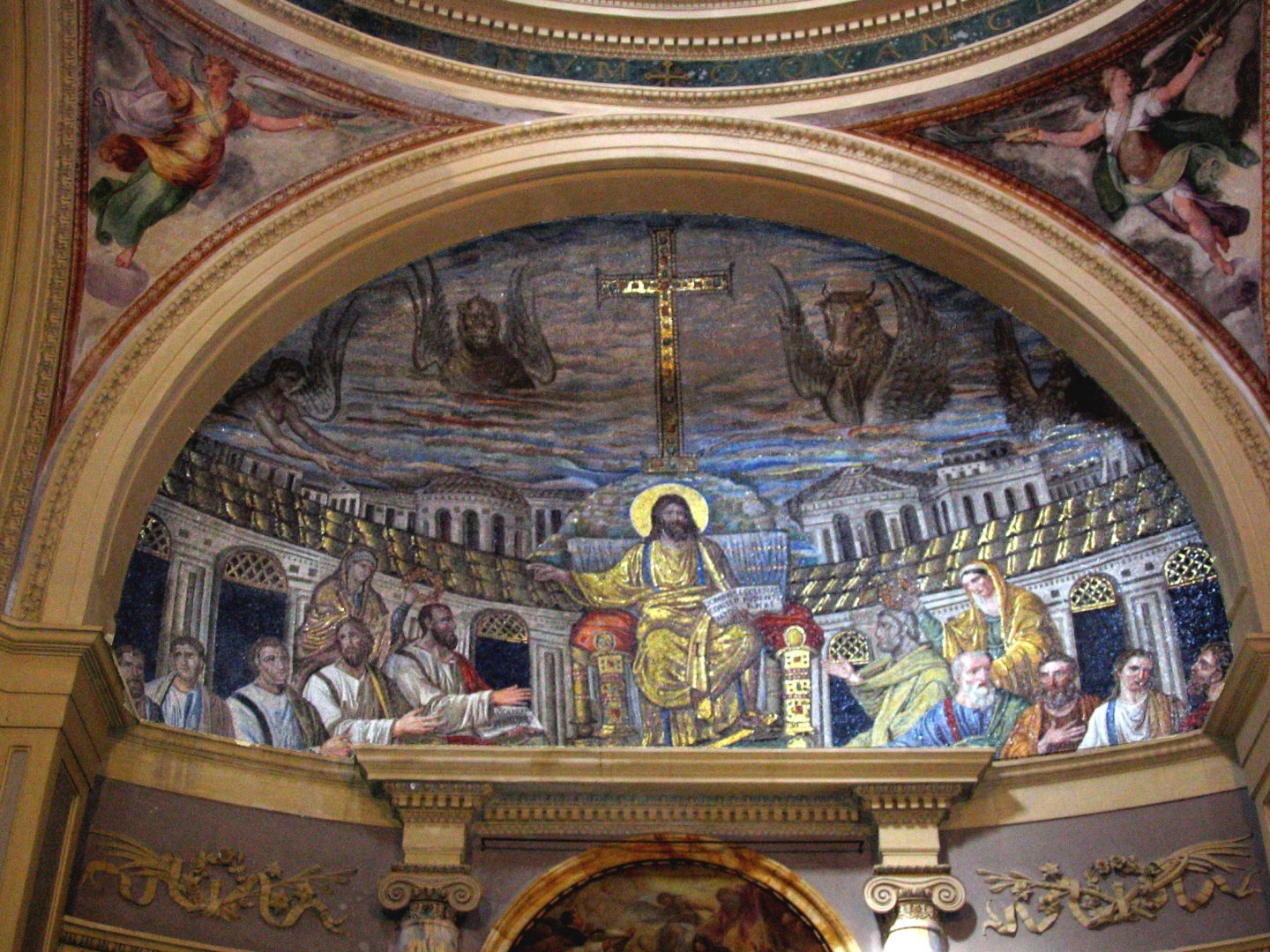Backstory is a CJN column recalling some of the most bizarre, unique, and important moments in Jewish history. Click here for last week’s instalment.
One of the extensive critiques of Christianity in Jewish history comes from Don Hasdai Crescas (1340 – 1412). Like so many of our medieval sages, Crescas was already a brilliant talmudist at a young age, eventually becoming the chief rabbi of Saragossa and gaining favour in the court of Aragon.
In an event that foreshadowed Crescas’ struggle with Christianity, Dan Cohn-Sherbok, in his book Medieval Jewish Philosophy: An Introduction, co-written with his sister, Lavinia, notes that Crescas was imprisoned, together with his master, Rabbi Nissim Gerondi, for a suspected act of disrespect toward the faith in 1367, but was later released.
Crescas’ written work against Christianity, Refutation of Christian Dogmas (1397-98) was written only a few years after the 1391 Spanish massacre. The book, as Daniel Lasker notes in his introduction to the English translation, is actually one of two texts Crescas wrote against Christianity. The other one was focused on Christian biblical interpretations, but there were many of those books, such as Profiat Duran’s Heshev Ha-Efod, Al Tehi Ka’avotekha and Kelimat Ha-Goyim, so no one bothered to translate it from the original Hebrew and it was lost. The text that survived was written in Catalan and translated more than 50 years later by Joseph ibn Shem Tov.
READ: MOZART, CASANOVA AND A JEWISH POET
In a very logically structured volume, Crescas tried to show that the foundations of Christianity are contradicted by reason. As Lasker states, the book begins with premises that both Jews and Christians accept, including that God has a “necessary existence,” that He is perfect, and that He is not a composite of different parts. From there, Crescas demonstrates how the notions accepted only by Christians but rejected by Jews, like the trinity, contradict the premises accepted by both. These types of arguments required Crescas to know quite a bit about his adversary. Indeed, Lasker writes that the material shows a “wide ranging knowledge of Christianity.”
An example of the type of logical argument made in the book – and in my opinion, one of the most powerful ones – is that it would be unnecessary for God to die to forgive sin. Since God is infinite, even one drop of blood should be sufficient to atone for everyone’s sins.
The approach Crescas takes in his attack of Christianity, as Isaac Heinemann suggests in his section on Hasdai Crescas in The Reasons for the Commandments in Jewish Thought, is actually part of Crescas’ two-track approach to combat the ideas of Christianity.
The other facet of his tactic is to refute the ideas of Aristotle, which Crescas does in his Light of God, his philosophical text, for he believes that Aristotle’s ideas made Judaism susceptible to attacks from Christianity.
All of this should be put in context, however. In 1391, Crescas lost his only son in the horrible massacre of Spanish Jewry, which affected many cities in Spain, not least of which was Barcelona where the Jewish community was decimated.
As Heinemann suggests, Crescas’ emphasis on the love of God, which Crescas believed was to be expressed through the fulfilment of the commandments was “written in his heart’s blood,” by which Heinemann means that the loss of his son made his heavily theological point of view far more real for him than may seem possible. A similar argument can be made about his critique of Christianity, written only a few years after the massacre, as Crescas was trying to rebuild the Jewish community.
The arguments Crescas formulated in his Refutation of Christian Dogmas could be said to be as emotional as they were rational. At that point in time, Crescas was no longer writing with equanimity about Christianity.
Jonathan Milevsky is a PhD candidate in religious studies at McMaster University.
